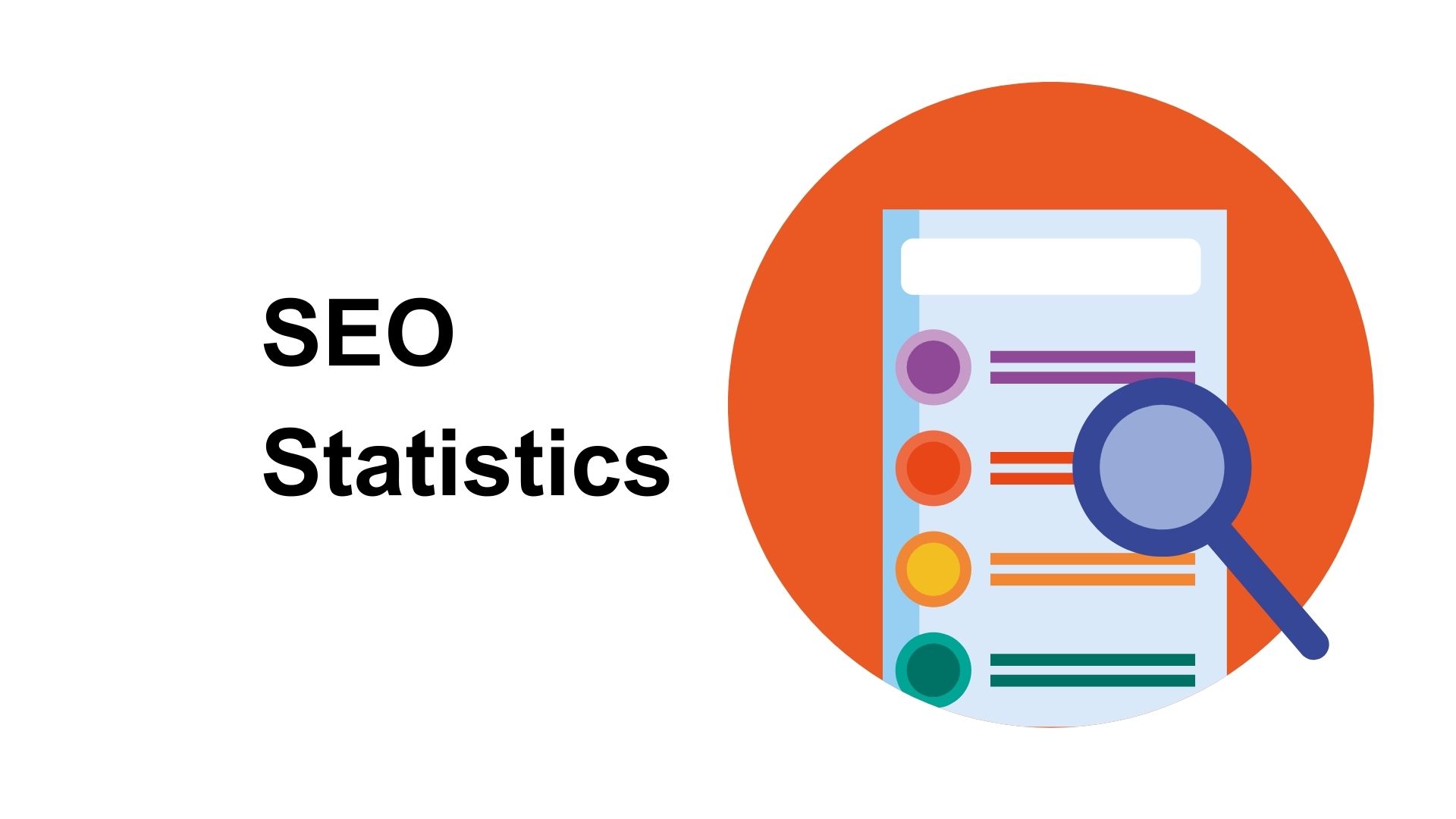Generic vs. Custom Field Service Apps
By Edward Wahl, Art & Logic
Some circumstances call for generic, one-size-fits-all business applications. Others require apps built to purpose for optimal efficiency. But how do you know which is which? What is the best approach for your project and your business?
Pros and Cons of Generic Apps
Certain types of functions are well-suited to generic software solutions. The point-of-sale (PoS) process is a perfect example. A customer takes an item they wish to purchase to a scanner, where they pay and get a receipt. Because this process tends to work more or less the same way at most businesses, generic software makes sense. It is likely the most cost-efficient way to accomplish a straightforward, commonplace task.
But what about tasks that aren’t so straightforward? Often, an organization’s key business processes are among its most unique – especially when it comes to the sophisticated, interdependent processes we describe under the umbrella of “field services,” processes that coordinate activities across a region or across the country.
Shipping, employee management, inventory control, field service communication: These are the areas where innovations in strategy and operations empower companies to set themselves apart and achieve a competitive advantage. And it is in this realm that generic software falls short.
When you need an app to support or drive a unique business process, generic software tends to struggle. By necessity, it will have been built to accommodate the most common version or analogue of your process; it will be awkwardly suited to the way your organization does things, and may require a great deal of data entry or adjustment to make it functional for your purposes.
To take a simple example: Generic inventory software for a retailer generally will not “understand” which promotional displays are associated with given items and how those displays may move throughout the store. But the ability to make these kinds of connections efficiently can help optimize field service processes. The more complex and singular the process, the less appropriate it is for generic software.
Custom Field Service Apps
Field service software can be tailored to the particulars of an organization’s business processes and strategy through custom app development. This development might be conducted in-house, through a company’s own team of software developers, or with the assistance of a third party.
In the not-so-distant past, custom software was primarily utilized by larger companies; they were the only businesses that could afford to take advantage of it. But today, the cost of software development has fallen significantly, due in part to the rise of mobile devices as common, versatile platforms and the rapid progress of Web development technologies. The benefits of custom apps are available even to smaller and medium-sized companies.
When an organization undertakes a custom field service software project, the goal is generally to make a process or processes as efficient as possible. By developing a custom app, you can build software that “understands” and reflects how multiple unique processes work together. Some examples:
- If a field rep finds that an important display is missing from a given location, they can make a note of this in their app, report to the regional manager, and order the display all at the same time.
- If a driver is involved in an accident, they can report the incident through an app with attached photos and video from the scene, which can be automatically logged in an incident database.
- If a sales representative for a mid-sized manufacturer is traveling from location to location and speaking to buyers, she can use an app to demonstrate the company’s offerings with rich media, then let buyers generate an invoice and order products – along with any relevant displays or promotional items – straight from the app.
Analytics and Custom Apps
Custom field service software can make use of the various technologies and capabilities that are now common in mobile devices: cameras, GPS functionality, Bluetooth and more, including emerging features like near field communication (NFC).
A custom app can collect and manipulate many kinds of data, and this is the key for companies to effectively leverage sophisticated analytics. With contextualized data in hand – the items most commonly sold by sales reps on location, or the routes on which accidents most commonly occur – companies can generate insights that help them optimize their processes. Based on the data they’ve collected and analyzed through the custom app, companies may decide to emphasize a particular offering or alter shipping routes.
This is the secret advantage of custom apps – to not only facilitate key business processes, but continuously evaluate and learn how to make those processes more effective. By building a custom app, companies can equip themselves to generate new competitive advantages in the future.
Edward Wahl is a lead engineer at Art & Logic where he manages and develops custom software for a variety of clients and platforms. He has over two decades of professional development experience working with clients ranging from Fortune 500 companies to angel-financed startups.

Paul Ferrill has been writing for over 15 years about computers and network technology. He holds a BS in Electrical Engineering as well as a MS in Electrical Engineering. He is a regular contributor to the computer trade press. He has a specialization in complex data analysis and storage. He has written hundreds of articles and two books for various outlets over the years. His articles have appeared in Enterprise Apps Today and InfoWorld, Network World, PC Magazine, Forbes, and many other publications.
